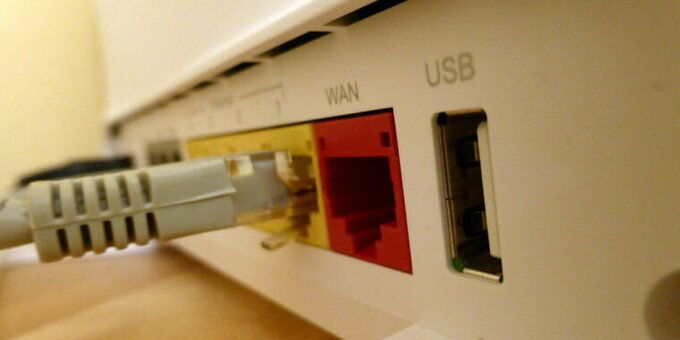The government has unveiled sweeping reforms in the ICT sector, introducing new regulations that will require telecom operators and internet service providers to share critical infrastructure such as masts, ducts, poles, data centres, and base stations.
The proposed Kenya Information and Communications (Infrastructure Sharing) Regulations, 2025, published in a gazette notice by ICT and Digital Economy Cabinet Secretary William Kabogo, are designed to eliminate duplication of installations and reduce the cost of rolling out networks.
According to the draft rules, service providers will be compelled to open up their existing facilities to rival operators on fair and non-discriminatory terms. The government argues that this approach will promote efficiency, cut costs, and ensure wider access to affordable communication services.
The reforms are part of a broader overhaul of the ICT sector, with additional proposals targeting broadcasting, tariffs, spectrum allocation, consumer protection, postal services, fair competition, and electronic communications. One of the stated goals is to create a level playing field in the digital economy and prevent a few dominant players from monopolising essential facilities.
Smaller players are expected to benefit significantly, as the cost of entering the market could be drastically reduced. This move aligns with the Kenya Kwanza administration’s digital penetration agenda, aimed at boosting connectivity across the country.
The government also noted that infrastructure sharing will reduce environmental and health concerns linked to multiple mast installations, especially in urban centres where residents and county governments have repeatedly raised complaints. The move is expected to reduce clutter, enhance urban planning, and address public safety concerns.
However, critics caution that mandatory sharing could limit how firms differentiate themselves in the market and may expose them to risks such as sabotage or overuse of their facilities by competitors.
Beyond infrastructure, the proposed regulations also set stricter requirements for consumer protection. Telecom operators and broadcasters will be required to improve customer service, safeguard user data, and enhance service quality standards.
The Ministry has invited the public to submit comments within 14 days before finalising the regulations.

